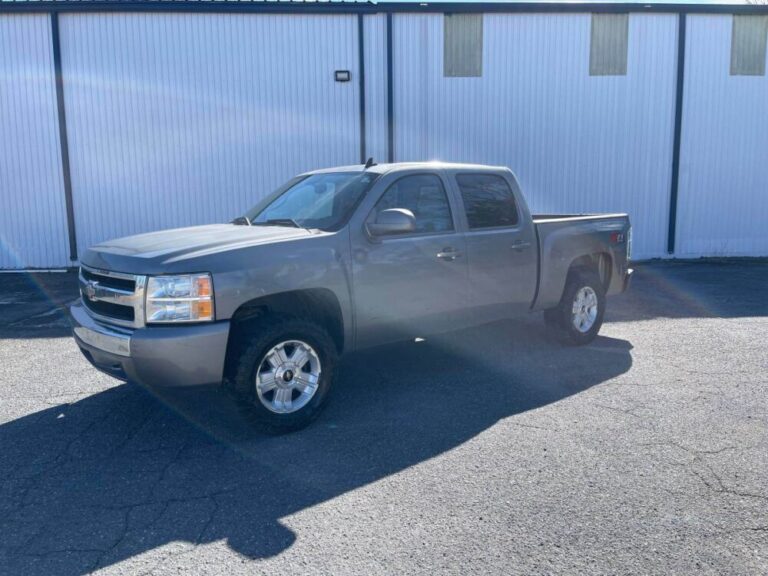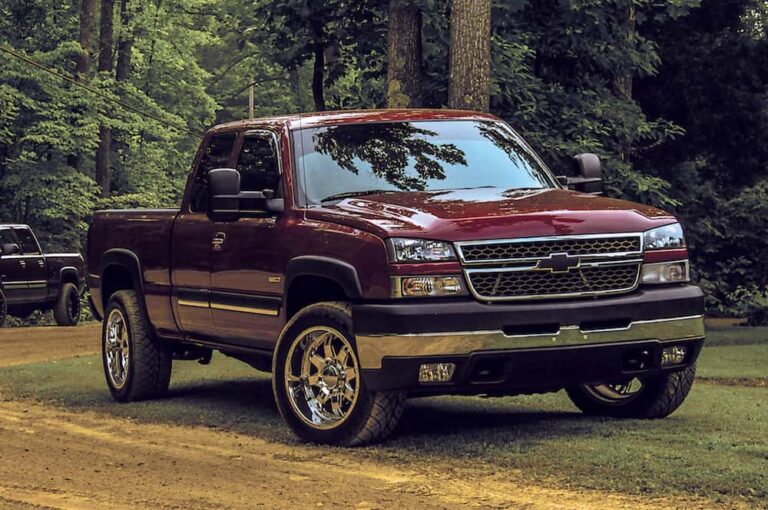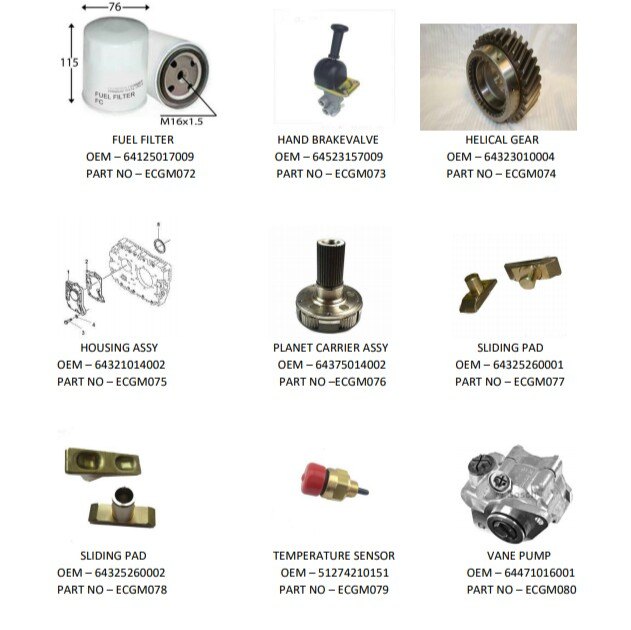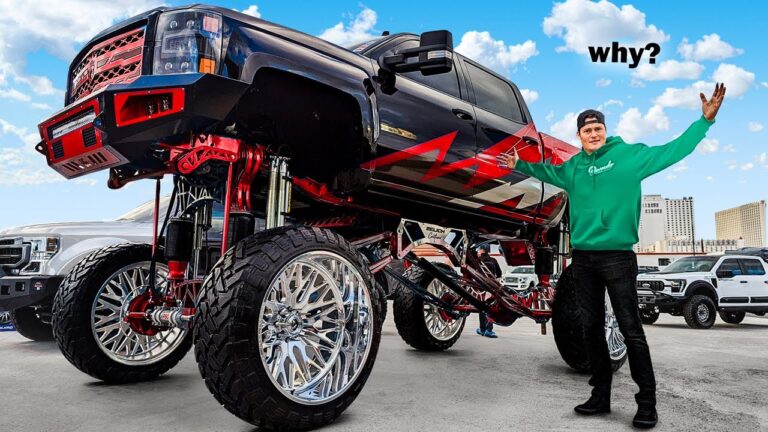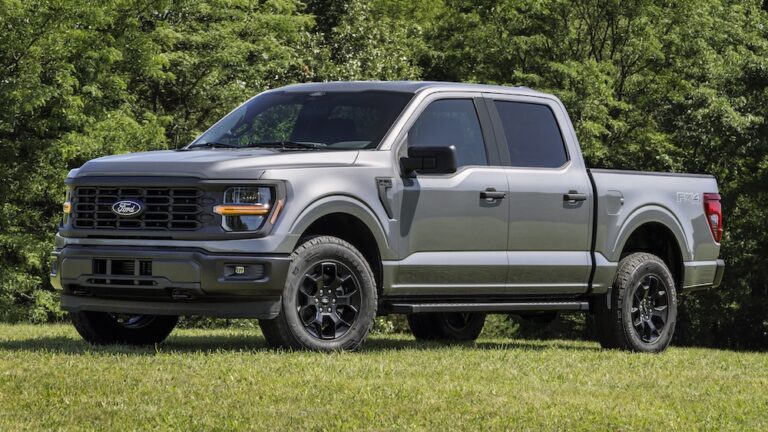Commercial Day Cab Trucks For Sale: Your Essential Guide to Buying the Right Workhorse
Commercial Day Cab Trucks For Sale: Your Essential Guide to Buying the Right Workhorse cars.truckstrend.com
In the bustling world of logistics, construction, and local commerce, the unsung hero often goes unnoticed until you need it most: the commercial day cab truck. These robust, non-sleeper vehicles are the backbone of countless businesses, specializing in short-to-medium haul operations that demand maneuverability, efficiency, and reliability. Unlike their long-haul sleeper counterparts, day cabs are optimized for daily returns to base, making them indispensable for a wide array of industries from urban delivery and refuse collection to construction and port drayage.
This comprehensive guide aims to demystify the process of finding and purchasing the perfect commercial day cab truck. Whether you’re a burgeoning entrepreneur, expanding a fleet, or replacing an aging vehicle, understanding the nuances of these workhorses is crucial to making an informed decision that will drive your business forward.
Commercial Day Cab Trucks For Sale: Your Essential Guide to Buying the Right Workhorse
What Exactly is a Day Cab Truck?
At its core, a commercial day cab truck is a heavy-duty vehicle designed for regional or local transportation, distinguished primarily by the absence of a sleeper compartment behind the driver’s seat. This design choice is intentional: it maximizes maneuverability, reduces overall vehicle weight, and lowers the initial purchase price and ongoing operating costs compared to sleeper models.
Day cabs typically feature a single row of seating and are built to accommodate a driver and sometimes a passenger, focusing on essential functionality for daily operations. They are often configured with various chassis types (e.g., single axle, tandem axle) and can be fitted with a wide range of bodies, including dry van boxes, flatbeds, dump bodies, refuse compactors, concrete mixers, tank trailers, and more. Their power and durability make them suitable for hauling significant payloads over defined routes, ensuring goods and materials reach their destination efficiently within a single workday.
Why Choose a Day Cab? Key Benefits and Applications
The popularity of day cab trucks stems from their distinct advantages tailored for specific operational needs.
Key Benefits:

- Superior Maneuverability: Without the extended length of a sleeper berth, day cabs boast a shorter wheelbase. This makes them significantly easier to navigate in tight urban streets, crowded construction sites, bustling ports, and congested loading docks, reducing the risk of accidents and speeding up delivery times.
- Lower Operating Costs: A lighter tare weight translates directly to improved fuel efficiency. Furthermore, day cabs typically require less complex maintenance due to fewer systems (no HVAC for a sleeper, less interior wear). Their lower purchase price also means reduced financing costs and often lower insurance premiums.
- Versatility and Adaptability: The straightforward chassis design allows for easy customization with various body types, making them incredibly versatile. A day cab chassis can be transformed to meet the specific demands of almost any industry requiring heavy hauling over short distances.
- Ideal for Local/Regional Routes: Designed for drivers who return home daily, day cabs eliminate the need for overnight accommodations on the truck, simplifying logistics and driver comfort.
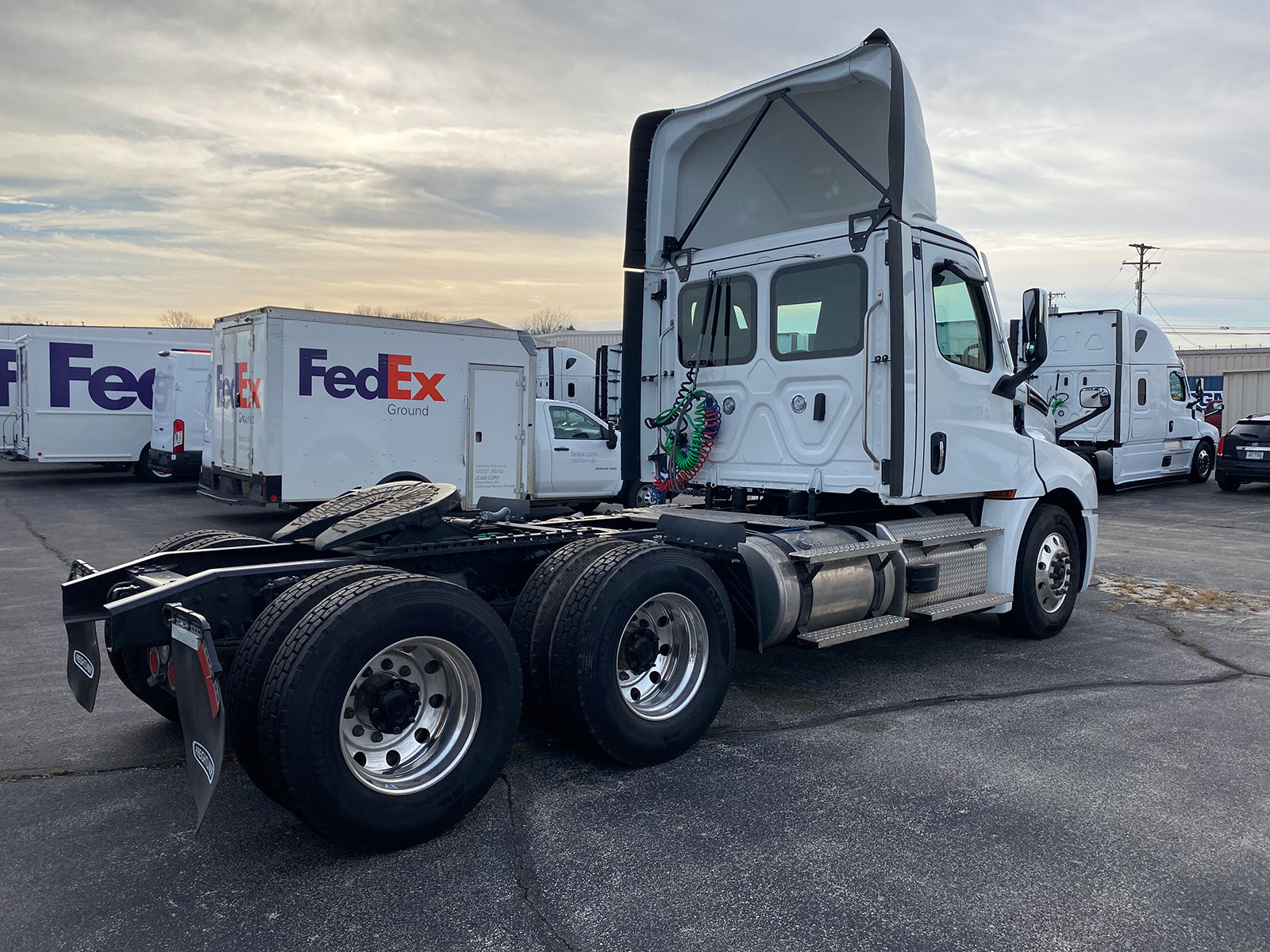
Ideal Applications:
- Local Delivery & Distribution: From retail goods to food products, day cabs are perfect for metropolitan and suburban delivery routes.
- Construction & Demolition: Hauling building materials, aggregates, or debris in dump trucks, concrete mixers, or flatbeds.
- Waste Management: Refuse trucks are almost exclusively day cabs, needing to navigate residential and commercial areas.
- Port Drayage & Intermodal: Transporting shipping containers to and from ports and rail yards over short distances.
- Agricultural Transport: Moving crops, feed, or equipment within a farming region.
- Utility Services: Used by power companies, telecommunications, and municipal services for maintenance and repair.
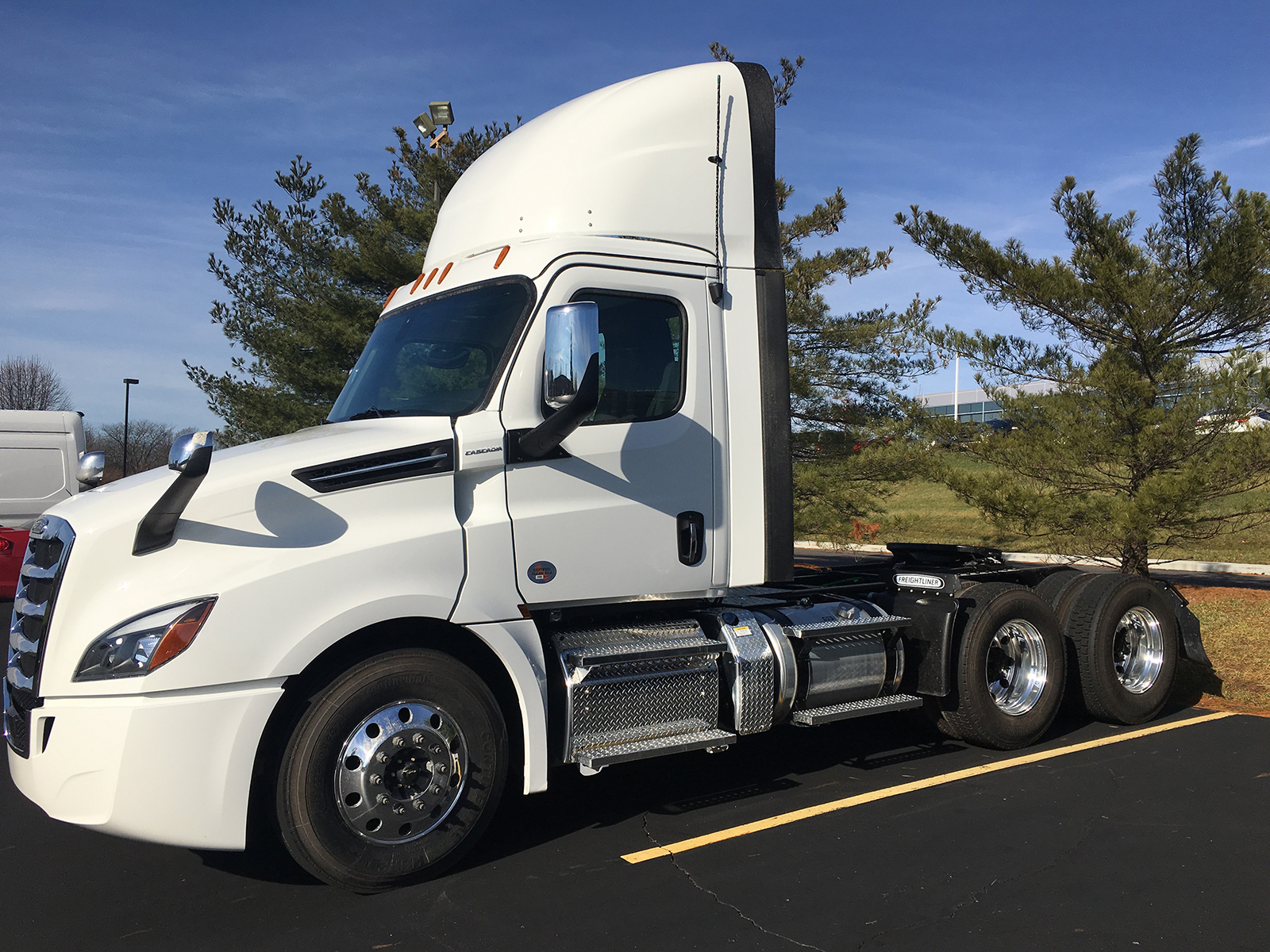
Key Considerations When Buying a Day Cab Truck
Purchasing a commercial day cab is a significant investment. Careful consideration of several factors will ensure you select a truck that perfectly aligns with your operational requirements and budget.
- Application & Intended Use: This is paramount. What will the truck primarily haul (weight and type of cargo)? What type of terrain will it traverse (highway, urban, off-road)? How many hours per day/week will it operate? The answers will dictate engine size, axle configuration, and transmission type.
- Engine & Powertrain:
- Horsepower & Torque: Match power output to the typical weight you’ll be hauling. Heavier loads or hilly terrains demand more power.
- Transmission: Automatic transmissions offer ease of use and reduced driver fatigue, ideal for stop-and-go urban driving. Manual transmissions provide more control and can be more fuel-efficient for experienced drivers on consistent routes.
- Fuel Efficiency: Research engine models known for better fuel economy, especially if fuel costs are a major concern.
- Axle Configuration & GVWR (Gross Vehicle Weight Rating):
- Single Axle vs. Tandem Axle: Single axles are lighter and more maneuverable, suitable for lighter loads. Tandem axles (two rear axles) provide greater weight capacity and traction, essential for heavy hauling.
- GVWR: Ensure the truck’s GVWR (and GCWR – Gross Combined Weight Rating, if pulling a trailer) is adequate for your maximum anticipated load, including the truck’s own weight.
- Brakes & Safety Features: Modern trucks come with advanced safety systems like ABS (Anti-lock Braking System), traction control, stability control, and sometimes collision mitigation systems. Prioritize these for driver safety and reduced insurance premiums.
- Cab Comfort & Ergonomics: A comfortable driver is a productive driver. Consider seat adjustability, dashboard layout, climate control, and noise levels. Test driving is crucial for assessing comfort.
- Maintenance & Parts Availability: Opt for reputable brands with established dealer networks and readily available parts. This minimizes downtime and simplifies repairs.
- New vs. Used:
- New: Offers the latest technology, full warranty, and often better financing options. Higher initial cost.
- Used: Lower initial cost, faster depreciation already absorbed. Requires more thorough inspection and potentially higher maintenance risks.
- Budget: Beyond the purchase price, factor in financing costs, insurance, registration, projected fuel costs, maintenance, and potential customization.
Where to Find Commercial Day Cab Trucks For Sale
The market for commercial day cabs is robust, offering numerous avenues to find your next vehicle.
- Authorized Dealerships (New & Used): The most common route for new trucks, these dealerships also often have certified used trucks of their respective brands (e.g., Freightliner, Kenworth, Peterbilt, Volvo, International, Mack). They offer financing, warranty options, and service support.
- Independent Used Truck Dealers: Specializing in pre-owned commercial vehicles, these dealers offer a wider variety of makes and models, often at competitive prices. Due diligence and a thorough inspection are crucial here.
- Online Marketplaces: Websites like TruckPaper.com, CommercialTruckTrader.com, and RitchieSpecs.com are vast databases of new and used trucks from dealers and private sellers across the country. eBay Motors and local classifieds can also be useful.
- Auctions: Public and private auctions (e.g., Ritchie Bros., IronPlanet) can offer excellent deals, but they require quick decision-making and a strong understanding of vehicle condition, as "as-is, where-is" sales are common.
- Direct from Fleets: Larger companies often rotate their fleets and sell off older but well-maintained trucks directly. Networking within your industry or checking company websites can uncover these opportunities.
The Buying Process: Tips for a Smooth Acquisition
Once you’ve identified potential candidates, follow these steps to ensure a wise purchase:
- Research Thoroughly: Before you even look at a truck, define your exact needs. Use online resources to compare models, specifications, and typical market prices.
- Inspect Carefully: For used trucks, a pre-purchase inspection (PPI) by an independent, certified mechanic is non-negotiable. This can uncover hidden mechanical issues, structural damage, or impending failures that might not be visible during a superficial glance.
- Check Vehicle History: Obtain a VIN check report (like from CARFAX for commercial vehicles) to verify mileage, accident history, title issues, and service records. Request maintenance logs from the seller.
- Test Drive: Drive the truck under conditions similar to its intended use. Pay attention to engine performance, transmission shifting, brake feel, steering responsiveness, and cab noise. Test all lights, wipers, and accessories.
- Negotiate: Don’t be afraid to negotiate the price, especially on used trucks. Be prepared to walk away if the deal isn’t right.
- Financing & Insurance: Secure financing pre-approval to strengthen your negotiating position. Obtain insurance quotes early to understand the total cost of ownership.
- Understand Warranty: For new trucks, understand the factory warranty terms. For used trucks, inquire about any remaining manufacturer warranty or dealer-offered extended warranties.
Potential Challenges and Solutions
Even with careful planning, challenges can arise during the buying process.
- Finding the Right Spec: The vast array of options can be overwhelming.
- Solution: Clearly define your operational needs first. Consult with experienced fleet managers, mechanics, or reputable dealers who can guide you to the correct specifications for your application.
- Budget Constraints: New trucks can be expensive, and even used ones can stretch budgets.
- Solution: Explore financing options, consider well-maintained used trucks, or investigate leasing programs which can offer lower upfront costs and predictable monthly expenses.
- Hidden Problems (Used Trucks): Mechanical issues might not be apparent.
- Solution: The pre-purchase inspection (PPI) is your best defense. Buy from reputable sellers who offer transparent history and service records.
- Maintenance & Downtime: All trucks require maintenance, leading to downtime.
- Solution: Factor in a maintenance budget. Establish a relationship with a reliable service provider. Consider purchasing a truck with readily available parts and a strong dealer service network. Regular preventative maintenance is key to minimizing unexpected breakdowns.
Estimated Price Table for Commercial Day Cab Trucks
Please note: These are estimated price ranges and can vary wildly based on make, model, year, mileage, condition, engine size, transmission type, specific features, and regional market demand. Always get current quotes from sellers.
| Type of Truck | Make/Model Example | Typical Application | Estimated Price Range (USD) | Key Factors Affecting Price |
|---|---|---|---|---|
| New Day Cab | Freightliner M2, Kenworth T880, Peterbilt 567, Volvo VNL | General Freight, Construction, Waste, Local Delivery | $120,000 – $200,000+ | Customization (engine, axles), Warranty, Latest Tech, Emissions Compliance |
| Used Day Cab (1-3 years old) | Freightliner Cascadia, International LT Series, Mack Anthem | General Freight, Port Drayage, Regional Hauling | $70,000 – $130,000 | Low Mileage, Good Condition, Remaining Warranty, Modern Safety Features |
| Used Day Cab (4-7 years old) | Volvo VNL, Kenworth T680, Peterbilt 389 | Local Delivery, Utility, Agriculture, Mid-lifecycle Usage | $40,000 – $80,000 | Moderate Mileage, Well-Maintained, Reputable Brand, Engine Hours |
| Used Day Cab (8+ years old) | Older Freightliner Century, International ProStar, Mack Vision | Entry-level Hauling, Dedicated Routes, Backup Vehicle | $15,000 – $45,000 | High Mileage, Condition "As-Is", Major Component History, Maintenance Records |
Frequently Asked Questions (FAQ)
Q1: What’s the main difference between a day cab and a sleeper cab?
A1: The primary difference is the absence of a sleeper compartment in a day cab. Day cabs are shorter, lighter, and designed for routes where the driver returns home daily, while sleeper cabs have beds and living amenities for overnight trips.
Q2: Are day cabs more fuel-efficient than sleeper cabs?
A2: Generally, yes. Day cabs are lighter due to the lack of a sleeper berth, which translates to less weight to move and thus better fuel economy, especially when combined with their typical shorter routes.
Q3: What’s considered good mileage for a used day cab?
A3: For a commercial truck, mileage is often less critical than engine hours and maintenance history. However, for a 5-year-old day cab, anything under 400,000-500,000 miles might be considered good, assuming it has a strong service record. Trucks with over 700,000 miles might require more immediate maintenance.
Q4: Can I convert a day cab into a sleeper cab?
A4: While technically possible, it’s highly impractical and expensive. It involves significant structural modifications, extending the frame, and integrating new systems, making it far more cost-effective to simply buy a sleeper cab if that’s what you need.
Q5: What permits or licenses do I need to operate a commercial day cab?
A5: For most commercial day cabs (Class 7 or 8), you will need a Commercial Driver’s License (CDL), specifically Class A or B depending on the truck’s GVWR and whether it pulls a trailer. Additionally, the truck will require proper registration, IRP (International Registration Plan) plates, IFTA (International Fuel Tax Agreement) decals, and a USDOT number.
Q6: How often should a commercial day cab be serviced?
A6: Service intervals vary by manufacturer and engine type, but typical heavy-duty truck maintenance schedules recommend oil changes and general inspections every 10,000-25,000 miles or every 250-500 engine hours. Regular preventative maintenance is critical for longevity and avoiding costly breakdowns.
Conclusion
Commercial day cab trucks are the workhorses of local and regional transportation, offering an unparalleled blend of maneuverability, efficiency, and versatility. Making the right purchase requires a thorough understanding of your specific needs, diligent research, and careful inspection. By focusing on the intended application, assessing the vehicle’s specifications, exploring various purchasing avenues, and adhering to a structured buying process, you can acquire a reliable day cab that will serve as a valuable asset to your operations for years to come. Remember, a well-chosen day cab isn’t just a truck; it’s a strategic investment in your business’s productivity and profitability.


